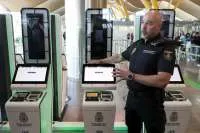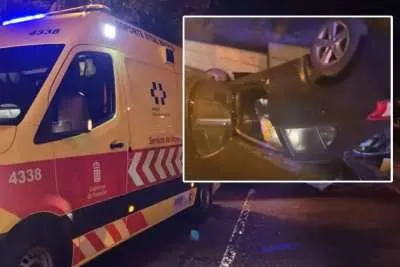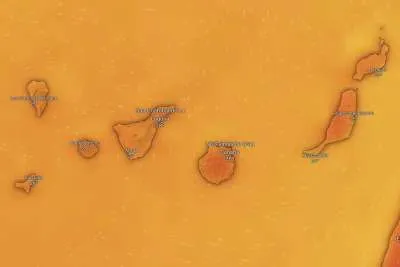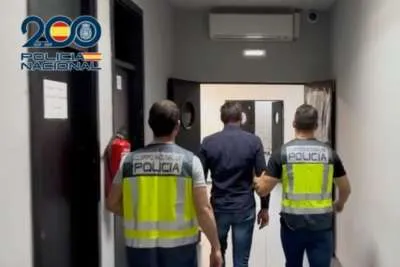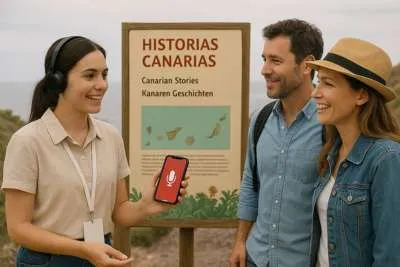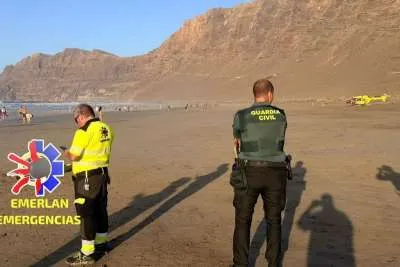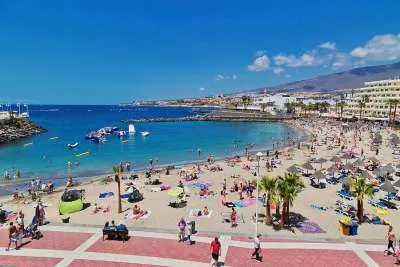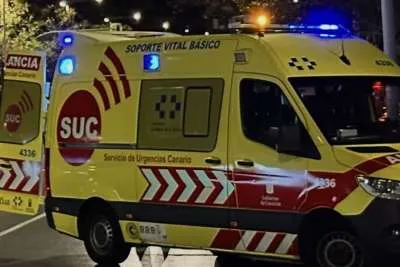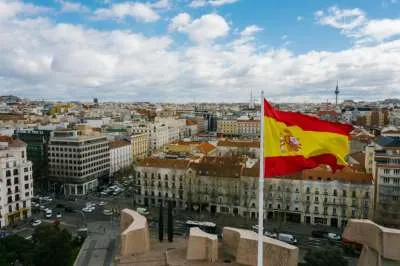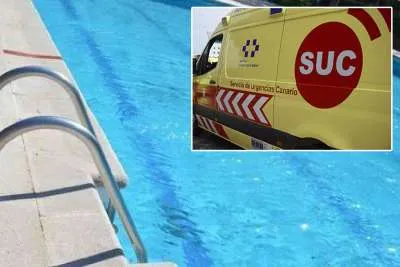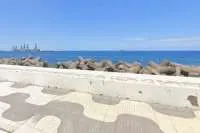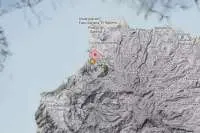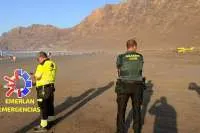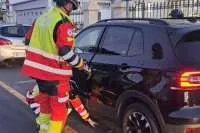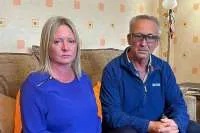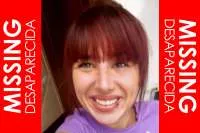Tenerife family refuse to isolate because they had already prepared daughter’s birthday party
- 18-07-2021
- Tenerife
- Canarian Weekly
There are many of us who are wondering what has happened in Tenerife to make the coronavirus erupt with such virulence during the last month, as the data from the Ministry of Health has been reporting huge numbers of new cases every day, with more than 4,000 people currently infected from Covid-19 on the Island, which is at a reinforced level 3 alert.
We know that the relaxation of restrictions, such as the change of the mandatory use of masks outdoors in public, or the high incidence of the Delta variant, which is present in almost 60% of new cases and more than 20% of all of those infected in the Archipelago, could be some of the reasons that have triggered the worrying increase in cases.
Although it is also true that a large number of health personnel agree on another reason: the lack of personal responsibility of the public.
According to the coordinator of the trackers in Tenerife, Daniel González, who acknowledges that, despite the fact that most of the islands residents comply with the anti-Covid regulations, "we perceive that a certain fear of contagion has been lost. Lately we have found a patient profile that has alot of close contacts, and this implies that health recommendations are not being followed," he said.
The tracking centre based in the Recinto Ferial in Santa Cruz has 75 staff divided into two shifts, working from 8:00am to 3:00pm and from 1:00pm to 8:00pm covering 12 hours of service a day. It is a team made up of doctors, nurses, physiotherapists and social workers, among other professional profiles.
"Our main task is to call people who have tested positive for coronavirus, ask them who they have been in closest contact with in the last 48 hours from when they tested positive and, later, contact them to inform them of the protocols to follow”, explains González.
He clarifies that ‘close contacts’ are anyone they have spent more than 15 minutes with without wearing a mask when less than 2 metres apart. Anyone who falls into this category must self isolate for 10 days, including those who have been fully vaccinated.
González admits that transparency from the public throughout the tracking process is vital to stop the spread of infections and prevent future outbreaks. "There are people who have withheld information from us, but sooner or later we end up finding out. And this lying or covering data causes a lot of havoc. We dealt with one young female who missed several social encounters off her declaration after testing positive for Covid and we finally discovered that she had a total of 19 close contacts she hadn’t told us about, and some of these tested positive as well, as did of their contacts, and so on."
Among the most surreal excuses on the part of some Tenerife residents to ignore the measures, González highlights that of “a family that rejected isolation because they had already planned the daughter's birthday party, or close contacts who are opposed to staying home because they are about to start their holiday.”
"These are attitudes that we did not see before," he says. In situations of obvious disobedience, the trackers prepare a report that is sent to the Public Health inspectors so that they can take further action on the matter.
When asked about the profile of current patients, he explains that in most of the new cases the average age is around 20 years old, highlighting that it is generally the population that is still unvaccinated. He also points out that "we have come from a Level 2 alert with hardly any restrictions, which coincided with the end of the school year" and therefore, a greater social activity on the part of the younger population.
To support this, the Ministry of Health reported on Wednesday that the current situation of the pandemic in the younger population has led to the fact that the youngest patient in ICU in the Islands is 21 years old, while the youngest in Covid wards is 18.
González is proud to admit that the tracking system implemented in the Canary Islands is quite effective. "We are one of the regions where the highest number of close contacts have been located in Spain since the beginning of the pandemic. We are trying as hard as possible to track and trace people to curb the spread of the virus, but it is important to understand that we can only do so much, ultimately personal responsibility is the key”, he concludes.
Other articles that may interest you...
Trending
Most Read Articles
Featured Videos
A Vision of Elvis Tenerife Promo
- 10-05-2025
Tenerife Travel Guide
- 13-12-2024
Live webcam from Lanzarote airport
- 13-12-2024






